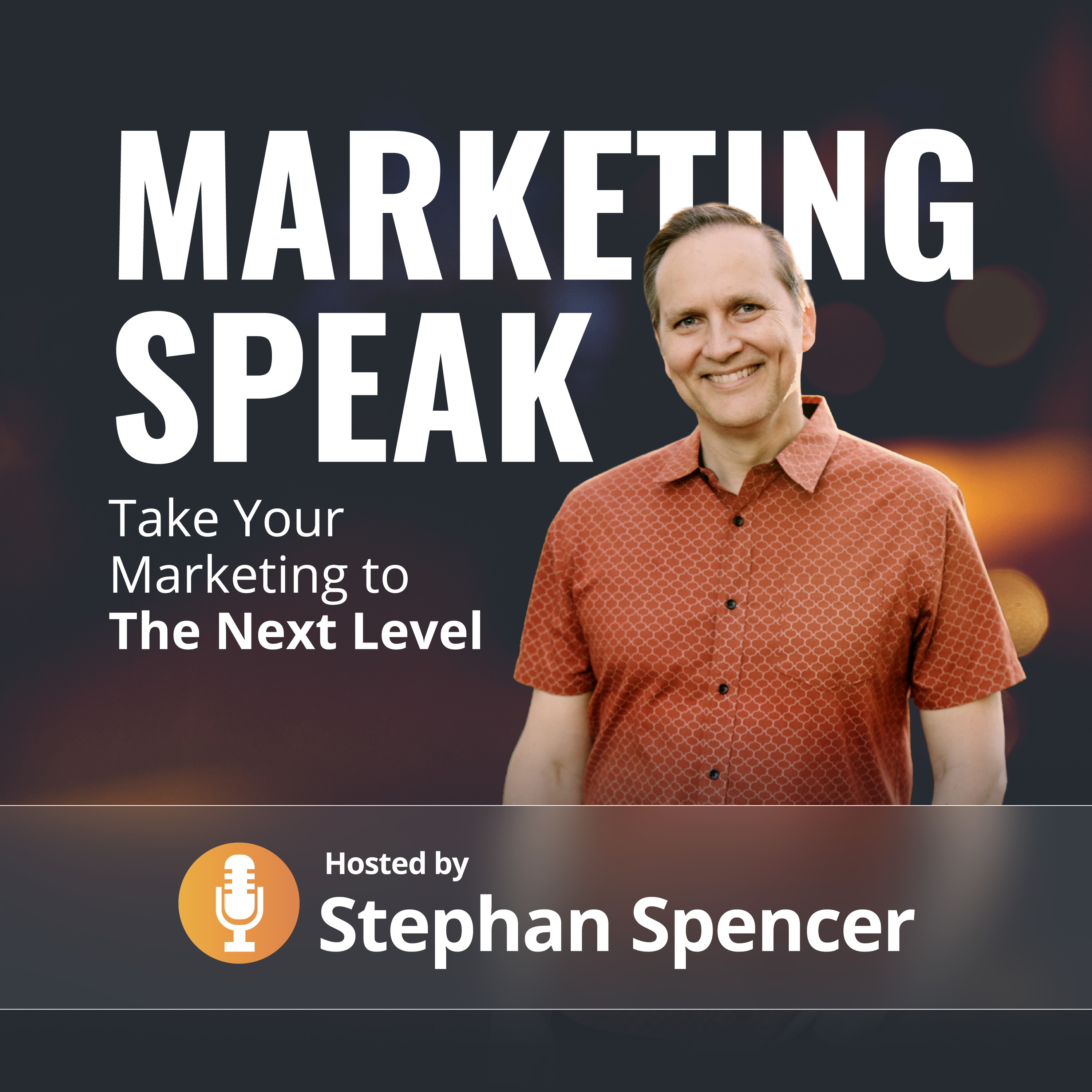101. The 7 Pillars of Authority Marketing with Adam Witty

b'
Adam Witty joins me today for an in-depth discussion of authority marketing and the role that writing and publishing a book can play. There\\u2019s a difference between having authority and leveraging your authority. If you don\\u2019t have authority, there\\u2019s no point in trying to leverage it - you need to spend some time building it. We\\u2019ll discuss the seven pillars of authority marketing, as well as how to do market research to ensure your book will meet the needs of your audience.
Find Out More About Adam Here:
Adam Witty on LinkedIn
Adamwitty.com
Advantage Media Group
@adamwitty on Twitter
awitty@advantageww.com
In This Episode:
- [01:29] - Where does having your own book fit into the equation of authority marketing? Adam lays out the map for us, explaining what authority marketing is.
- [03:01] - Adam talks about the difference between having authority and leveraging your authority.
- [03:03] - We learn that there are seven pillars of authority marketing: content marketing, PR and media, speaking, branding and omnipresence, lead generation, referral marketing, and events.
- [06:59] - Adam discusses content marketing, explaining that educating your clientele builds deeper relationships than advertising to your clientele. He also talks about the importance of being a \\u201csafe bet\\u201d for media.
- [10:16] - Stephan brings up another way to be a safe bet for media appearances.
- [11:56] - If you\\u2019ve already built up some authority, what are some things you could do to leverage this authority that you already have?
- [14:14] - Authority marketing is a marathon, not a sprint, Adam explains.
- [15:46] - How can someone successfully turn a blog into a book? As he answers, Adam explains what purpose a book should serve for your target customer.
- [18:54] - We learn about some ways to test your market inexpensively before writing your book. One strategy involves creating several book covers.
- [21:01] - Stephan recommends a free tool: answerthepublic.com.
- [22:49] - What is the process for turning a great idea into something amazing? Adam points out that there isn\\u2019t an exact formula to follow, but says he has some tips.
- [25:20] - Adam lists the tips he has just mentioned.
- [29:03] - A book can raise your credibility, and it can just as quickly destroy your credibility, Adam explains. He points out that your book has to look credible and professional, not self-published.
- [30:35] - Adam offers another tip about the power of a foreword and endorsements for your book.
- [32:34] - Adam discusses the strategy of paying to have a chapter in an anthology book with one major name on it. He recommends saving your money.
- [33:37] - Another of Adam\\u2019s tip is that when it comes to books, bigger is not always better. He offers the recommendation to aim for 30,000 to 35,000 words for your first book, or 120 to 160 pages.
- [37:10] - We hear some details on how you can thicken up a book.
- [38:37] - What would Adam recommend for Stephan, considering his book is over a thousand pages long?
- [42:09] - Adam offers another piece of advice: \\u201cbait the hook to suit the fish, not the fisherman.\\u201d
- [44:16] - Adam discusses the concept of selling something before you build it by talking about your forthcoming book.
- [47:39] - The book is the only form of media that has permanent shrines (meaning bookshelves and libraries) built for it, Adam points out.
- [49:21] - Adam shares a case study about a client who wrote a book on leadership development and the success he has achieved.
- [55:15] - How can listeners get in touch with Adam? As he answers, he offers listeners a free book, which you can get by visiting forbesbooks.com/marketing-speak. He also suggests taking their Authority Assessment.
Links and Resources:
- Adam Witty on LinkedIn
- Adamwitty.com
- Advantage Media Group
- @adamwitty on Twitter
- awitty@advantageww.com
- Advantage Media Group
- Forbes Books
- The Search by John Battelle
- The Long Tail by Chris Anderson
- Answerthepublic.com
- Chicken Soup for the Soul by Jack Canfield, Mark Victor Hansen, and Barbara Bergman
- The ONE Thing by Jay Papasan and Gary Keller
- The Art of SEO by Stephan Spencer
- Nick Cownie on Marketing Speak
- A Climb to the Top by Chuck Garcia
- Free copy of Lead the Field by Adam Witty
\\xa0
'